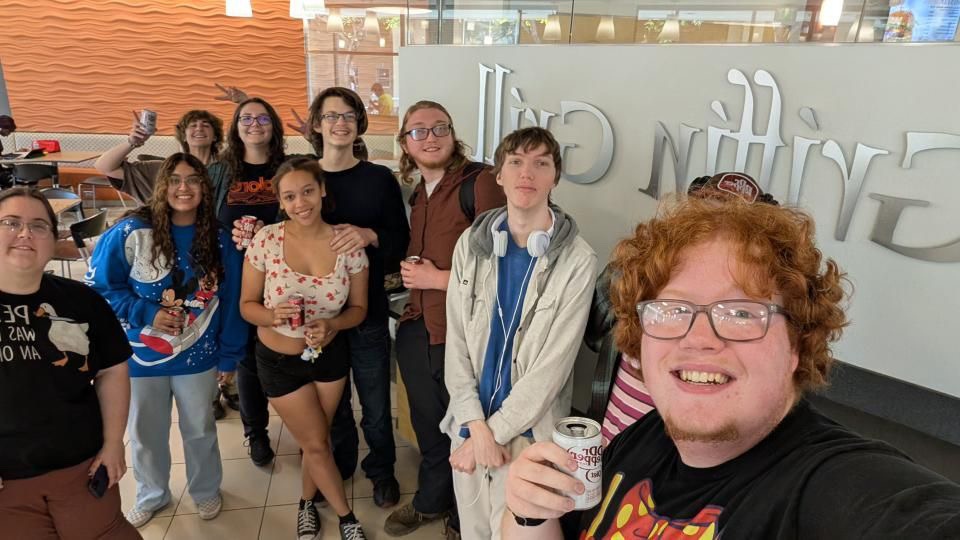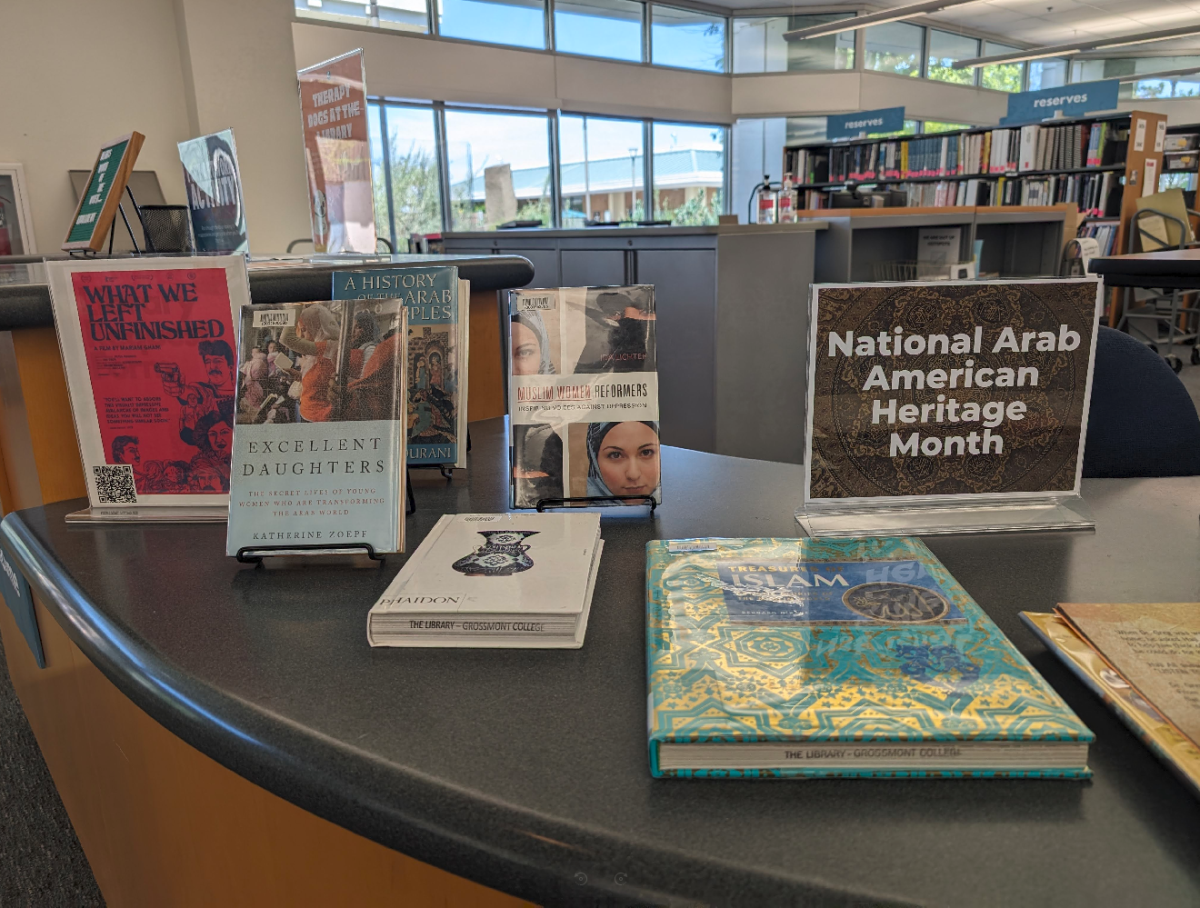
GROSSMONT COLLEGE–So I am trying to get started on my brilliant editorial this Monday when Grossmont counselor T. Ford knocks on the door and tells me that Congressman Bob Filner is about to arrive on campus.
Filner was one of 329 Civil Rights “Freedom Riders” who 50 years ago were arrested in Jackson, Missisippi for “breach of peace.” The “breach” in question was to ride a bus from Nashville to Jackson in a racially-integrated group – conforming with federal laws and common sense by today’s thinking, but defying longstanding segregation practices in the South – defiance that was often met with violence.
Breach of Peace is the title of a book by Eric Etheridge and the title of the Grossmont College event that is the subject of the cover story for the Summit’s March 2011 issue. The event featured two other Freedom Riders – Robert and Helen Singleton. They rode the train (not the bus) from New Orleans to Jackson, but ended up in the same place as Filner – the Mississippi State Penitentiary.
Breach of Peace had as its genesis the preserved police mug shots of all 329 Freedom Riders who converged on Jackson in May and June of 1961. (Interestingly, Filner took credit for discovering these photographs in a box at a police warehouse while visiting Jackson during the Freedom Riders’s 40th anniversary. The discovery caused him to weep).
Etheridge, who also was at Grossmont at the March 17, was inspired to track down, photograph, and interview as many of those people as he could.
The apparently serene face of Helen Singleton is on the cover of that book (she recalls just being scared). Her husband’s face graces the cover of this humble campus magazine.
Anyways, where was I? Oh yes, waiting for Filner.
He came dressed casually in blue shirt and jeans and treated the small crowd which included included Grossmont President Sunita Cooke to a brief inspirational lecture on the events of 50 years ago.
What they did then, he said, wasn’t to end racism, but to destroy the legal basis of segregation. The success of the Freedom Riders campaign created in him a strong sense of power and possibility for change. It is important for people “to understand your own power” to effect change with nonviolent means
Perhaps a similar lesson has just been taught us again with the recent ouster of Egyptian leader Hosni Mubarak (another story in this issue, by the way). People, many of them young, gather together without violence to seek change based on fundamental ideals of fairness and human rights.
Could something similar to the Freedom Rides happen today in this country? What would be an analogous situation? Or, as my journalism instructor asked Filner, are there causes today that students should go to jail for?
There are “thousands of opportunities” for student protest and mischief (said with a sideways glance to President Cooke). Filner spoke of recently organizing a mass “sit-in” to prevent a constituent’s house from being foreclosed on; not only did the sherrif fail to show, but the bank decided not to foreclose and to work out an arrangement instead (Filner sounded a bit wistful that no one actually went to jail for interfering with police work). Like the Freedom Riders, the people who participated in that left with the feeling of “wow, we did something.”
If he were a student, he would be organizing demonstrations up and down to protest cuts in education spending. “What if 100,000 kids showed up in Washington “to demand restoration of Pell Grants, he asked. What if the United States after the 9/11 attacks dropped supplies and aid from airplanes to the Afghanistan people rather than bombs? What if thousands of Elmos showed up to protest Republican-proposed cuts to public television and radio? “There’s still room for this kind of stuff.”
And then he was gone. Leaving me to think…..I should be able to get a column out of this.







